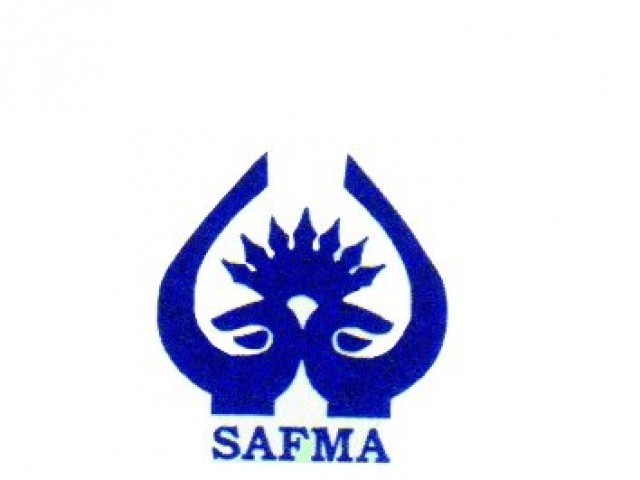
In a conference organised by South Asia Free Media Association (Safma), parliamentarians and intellectuals from both Afghanistan and Pakistan urged the importance of peace in South Asia for the wellbeing of the people.
In his welcome note Secretary General Safma Imtiaz Alam termed 2014 a crucial year for both countries, as the US and ISAF led troops prepare to leave Afghanistan - shifting the responsibility for peace and stability in the country on the Afghan Security Forces.
Balochistan Chief Minister Dr Abdul Malik Baloch argued against an all-out US, Nato withdrawal from the neighbouring country, saying it might give militants a chance to regroup and attempt to take over Kabul, something that will be troublesome for both countries in the long run. “The region’s fall into the hands of extremists will be disturbing,” he said while expressing his fears.

Mushahid Hussain Syed of Pakistan Muslim League-Q termed intra-parliamentary engagement between representatives of the two countries crucial. “It’s about time the establishment and political powers understood that the days of treating Afghanistan as our province are over. Our ‘boys’ cannot be placed there anymore,” he maintained.
The senator revealed that while President Hamid Karzai, in a recent meeting, expressed concern over the seemingly informal understanding between Islamabad, Washington and the Afghan Taliban, a Pak-India proxy war in Afghanistan and the efforts to curtail Chinese influence in the region through Kabul might also disrupt the reconciliatory process in the region.
New regionalism, he said, was a better approach towards a prosperous and peaceful South Asia.
While addressing the conference, renowned author Ahmed Rashid urged the government to bring the Federally Administrated Tribal Area (FATA) into the mainstream in order to put an end to terrorism, adding that if it failed, the emergence of Taliban-like movements could not be ruled out.
Pakistan Tehreek-e-Insaf’s MNA Shafqat Mahmood was of the opinion that to strengthen ties between the countries it was necessary that work was done in human development sectors like security, health and education.

“While we should give those factions of the militants who want to lay down arms and positively integrate in society a chance, we should also make sure that the factions who want to carry on fighting are dealt with a strict hand,” he said.
In a separate session, another PTI MNA Asad Umar said that the degree of economic integration in the region makes South Asia a different region, and the wellbeing of people living in this region depends upon it.
Chairman Afghanistan Chamber of Commerce Azarakhsh Hafizi outlined Afghanistan’s rise from scratch and shared that from a small $250m figure, the returns from Pak-Afghan mutual trade and businesses had increased to a staggering figure of $5b – 2,000 per cent increase.
“While we have a better access to markets worldwide, Pakistan has better products than us,” he said.
Published in The Express Tribune, December 14th, 2013.
COMMENTS (1)
Comments are moderated and generally will be posted if they are on-topic and not abusive.
For more information, please see our Comments FAQ
1724657897-0/Untitled-design-(2)1724657897-0-405x300.webp)




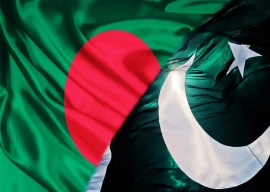

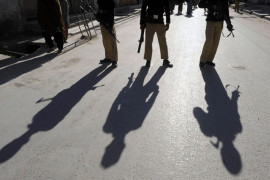

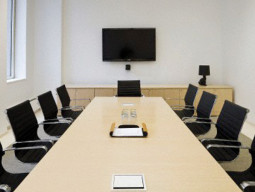
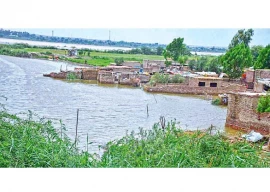






Fully agreed with Baluchistan chief minister. total withdrawal of freign forces is essential for peace in Afghanistan and the region. But it is impossible to t some extend that US withdraw its all forces from landlocked country Afghanistan.